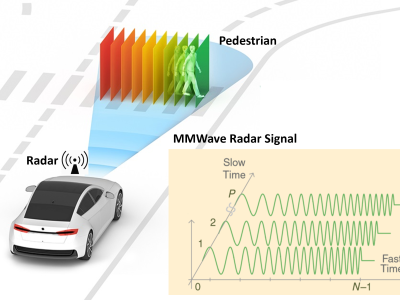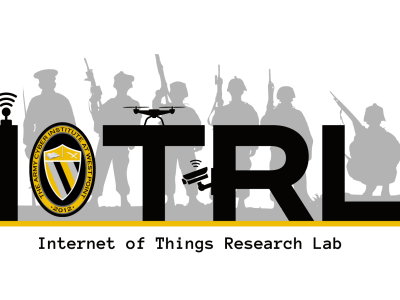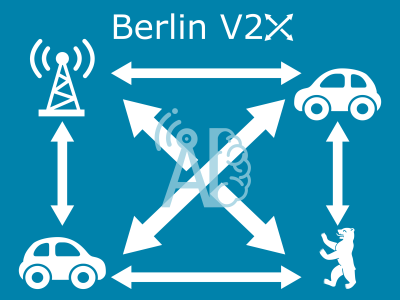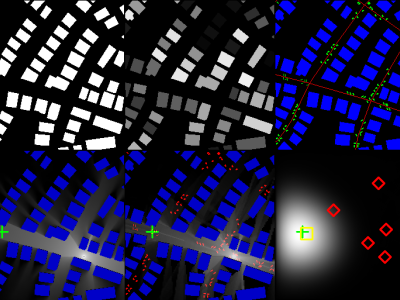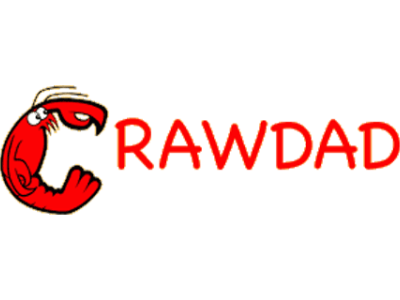matlab data used for regenerating figures 7,8,9,10,11,12 in the manuscript
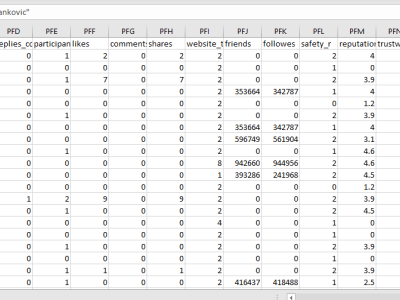
- Citation Author(s):
- Submitted by:
- Omar Thabet
- Last updated:
- DOI:
- 10.21227/hjwk-1q85
- Data Format:
 138 views
138 views
- Categories:
- Keywords:
Abstract
ABSTRACT This paper provides a study scenario of mobility control for the unmanned aerial vehicles that mount base stations, which are called UAVBSs. Mobility control of UAVBSs is considered a solution to serious problems such as interference and physical collisions between these UAVBSs. Thus, we formulated the problem of UAVBSs mobility control as an exact potential game, and we proposed three algorithms in this work to find the solution for that problem. The first algorithm is called the Neighbor Responsive Adaptive-Partial Synchronous Learning (NRA-PSL) algorithm, which works on controlling the UAVBS’s trajectory via conditioned response to its neighbor UAVBSs to select the action that guides the UAVBS to better direction. The second algorithm is UAVBSs-Better Direction Control (UAVBSs-BDC), which works iteratively with linear time to directly optimize the action selection based on the UAVBS’s utility. The third algorithm is called Utility-Driven Partial Synchronous Learning (UDPSL), which is inspired by the concept of the Partial Synchronous Binary Log Linear Learning algorithm to enhance and control the UAVBS’s trajectory. The simulation results showed the outperformance of the NRA-PSL algorithm by obtaining the global maxima and eliminating the interference among the UAVBSs. Whereas, the UAVBSs-BDC algorithm has proven its effectiveness in saving power and consuming less time-computation compared to other algorithms. Regarding the UDPSL algorithm, it has proved its advantage at low UAVBS’s velocity by producing high network capacity and interference mitigation.
Instructions:
### The provided data is the data of figures 7,8,9,10,11,12. To regenerate these figures just open the .mat files that representing
DATA of figures of potential functions, utilities , and the coteir-interference fOr all algorithmS in the manuscript.
1- to plot figure of potential function for all algorithm just run this file ' PlotPotentialFun'. to plot figures 7,and 8
2- to plot figure of utility function for all algorithm just run this file ' PlotUtilFun'. . to plot figures 9,and 10
3- to plot figure of coteir interference for all algorithm just run this file ' PlotCoteirInterf'.. to plot figures 11,and 12



